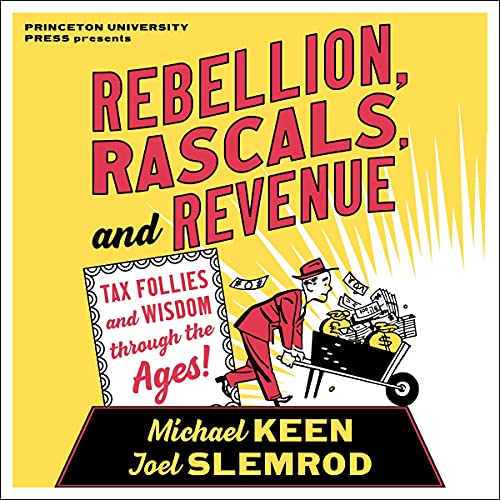A few months ago, I bought Micheal Keen’s and Joel Slemrod’s entertaining book on taxes, Rebellion, Rascals, and Revenue. It’s not the kind of book I like to read cover to cover. It’s more the kind I like to dip into to find an interesting story or two. There are many.
In one section, though, the authors, both of whom are good economists, make a basic error. In discussing the Earned Income Tax Credit, they write:
By making work more attractive, the EITC induces an increase in labor supply among low-income workers. Unless the demand for labor is perfectly inelastic (meaning, improbably, that employers will employ the same amount of labor no matter what wage they have to pay), this increase in labor supply drives wages down.
No. It’s the opposite. It’s when the demand for labor is perfectly inelastic that the drop in wages is greatest. I’m not great at drawing demand and supply curves on line. But imagine a vertical demand curve for labor. Then draw an upward-sloping supply curve. Then shift the supply curve to the right. You’ll see that the equilibrium amount of labor demanded and supplied doesn’t change. What changes is the equilibrium wage, which drops.
It’s actually when the elasticity of demand for labor is perfectly elastic (think of a horizontal demand for labor schedule) that the increased supply leads to no drop in wages.


READER COMMENTS
David Berson
Aug 31 2023 at 3:51pm
David — you are correct about your supply and demand curve shapes. The more inelastic (steeper) the demand curve, the more an increase in supply will reduce prices.
I will likely see Joel (and I agree, he’s an excellent economist and one of the best tax economists around) in a couple of weeks at UM and I’ll be sure to tease him about this (I mean, let him know about this).
David Berson
David Henderson
Aug 31 2023 at 5:03pm
Thanks, David.
I actually did write him and his co-author about 40 hours before posting but didn’t hear back.
You might be kidding about teasing. If so, good. If not, please don’t tease. I find that people can admit an error more easily if those who point it out do so without attitude.
BTW, Joel wrote a very good entry on Progressive Taxes for my Encyclopedia.
Comments are closed.